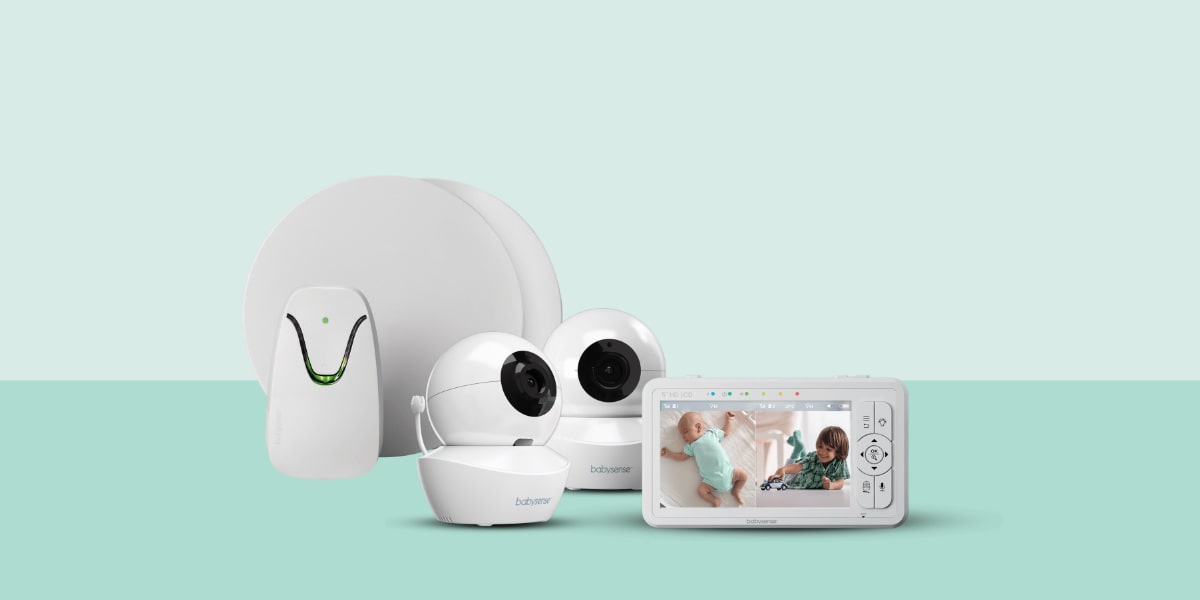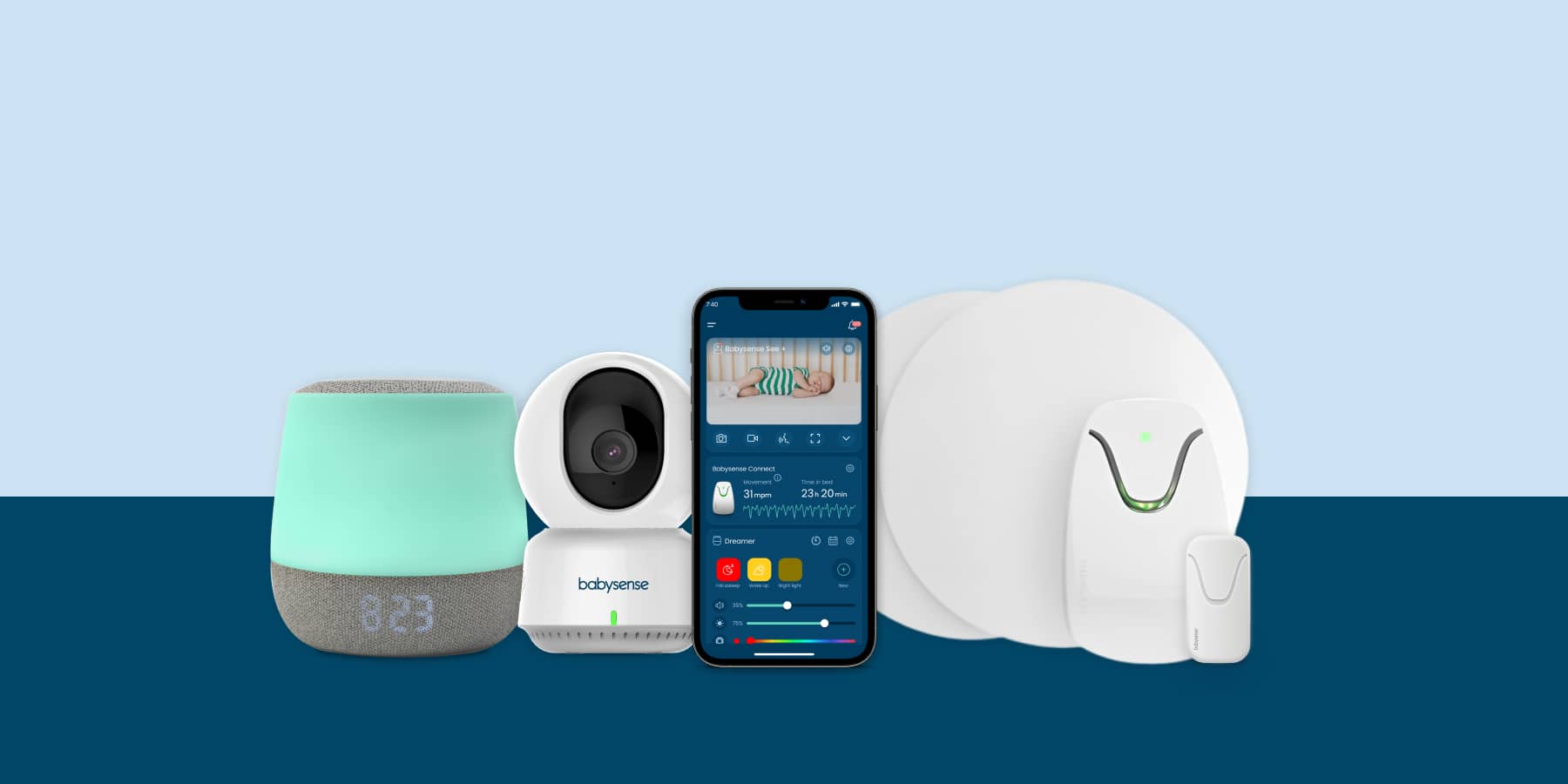It is empowering for parents to have an idea of what play activities they can incorporate into their daily routines to interact with their baby. Activities that stimulate their vision, hearing, touch and movement, all help them make sense of their world and move towards it. It is important to spend time watching what your baby is doing and what he/she takes an interest in, and then repeating it, providing more of the same.
It is in our daily interactions with a loving, consistent caregiver that baby receives the most valuable input. Nurturing daily routines of feeding, bathing, dressing and nappy changing, provide wonderful opportunities for playful interaction. Finding time to be with your babies, to watch them, and to have fun together, is the key to stimulating their development. Remember, YOU are your baby’s first and most important play-mate and play-object.
Baby clinics, family or friend groups, and mother-baby workshops are also very beneficial in our learning as parents. Groups give support and sharing as well as help parents understand their babies’ behaviours, stages of development and what activities are best for stimulating sensory and motor development.
Here is a guideline of your baby’s development in the first year of life. Having an idea of what your baby is beginning to learn at each stage, gives you an idea of what you can do to encourage their newly emerging skills.
- Babies are learning to adapt to the new world and organise all the sensory information around them. This is a time of ‘settling in’ as they learn to regulate.
- Parents and babies learn about one another and parents learn to become familiar with their babies rhythms and signals.
- At this early age, newborn babies need to sleep, feed, be held, cuddled and talked to. Parents should always respond to their baby’s needs, as this is a time of bonding, developing trust and getting to know one another.
- Babies learn to focus, maintain eye contact and become very interested in the human face. Right from birth babies are able to mimic facial expressions and this is the beginning of social behaviour.
- Babies respond to sound from birth. They begin to recognise their caregiver’s voice and can be consoled by the sound of her voice. At 3 months, they begin to turn their heads to the direction of sound.
- By being touched and by exploring their world through touching, babies become aware of their bodies and how their bodies move. Deep pressure touch is particularly important at this stage to support baby to regulate/calm.
- Babies are sensitive to movement right from birth. Rhythmical movement and carrying are soothing and comforting for babies.
- When awake, babies are moving in random wide range movements. As they learn to control their bodies, they bring their hands together in the middle. Babies are learning head control, by lifting their heads up when on their tummies and by holding their heads in the middle when lying on their backs. At 3 months, improved head control can be seen when holding a baby in supported sitting.
- Parents need to realise that they can over stimulate their babies at this young age. They should be sensitive to their babies needs and read their signals. When a baby looks or turns away, appears fretful or cries, give baby some time and space to regain a calm state.





